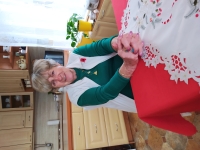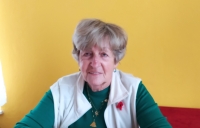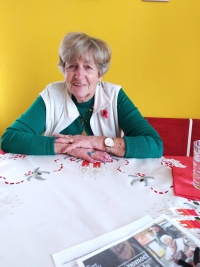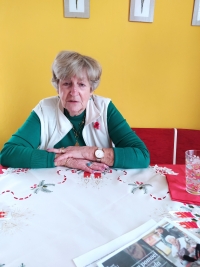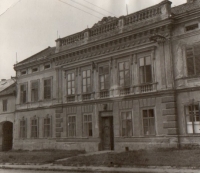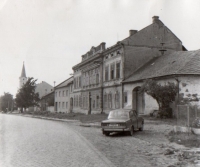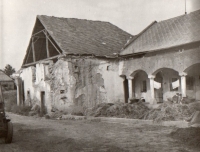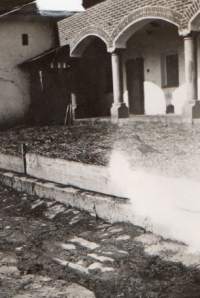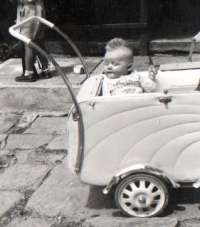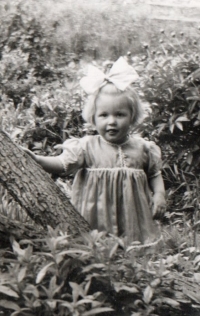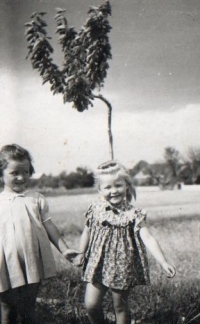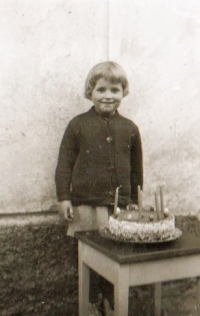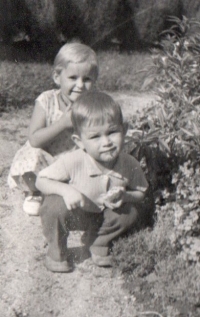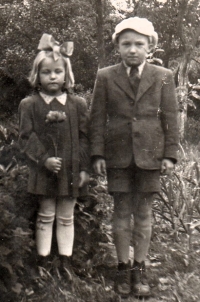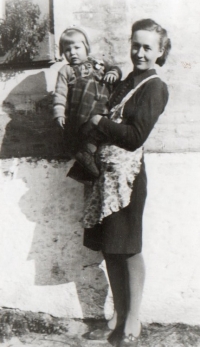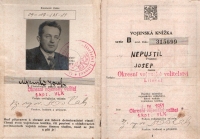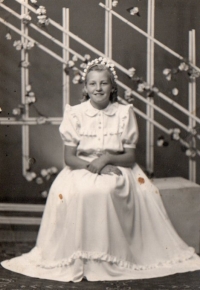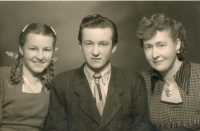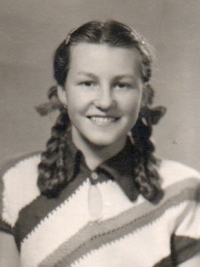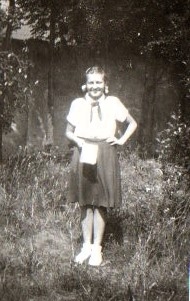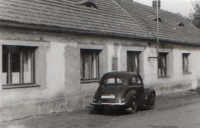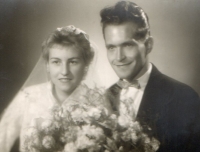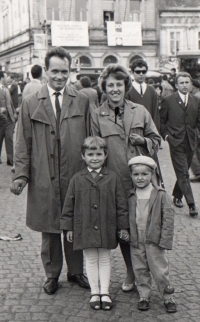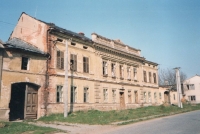Every Christmas, my mom would say: In a year we’ll be back in Moravia. But I knew we wouldn’t be

Download image
Jana Karpíšková was born Jana Nepustilová in Odrlice near Litovel in the Haná region on 18 February 1939. Her father Josef Nepustil’s family had farmed in Odrlice at least since the 16th century and their farm was one of the most prosperous in the village. The Gestapo arrested Josef Nepustil on denunciation in 1944 for illegal listening to foreign radio and imprisoned him in the Dachau concentration camp. He returned home in June 1945. In the post-war years, the Nepustil farm continued to flourish. After the communist takeover in February, however, Josef Nepustil found himself under pressure, as did other private peasants: he was labelled a “kulak”, assessed disproportionately high levies on farm products and levied for failing to deliver, and had his farm equipment seized. In November 1951, he was arrested, convicted in a staged trial and imprisoned in a labour camp in the Jáchymov region. His family - wife Zdena Nepustilová, son Josef and 13-year-old Jana - were forcibly evicted to České Kopisty by Litoměřice in April 1952. Jana’s mother and brother worked on a state farm. Jana was to do the same after finishing primary school, but she rebelled and, not allowed to go to school, took a job as a shop assistant in Litoměřice. She married Oldřich Karpíšek, the son of the former owner of a liqueur factory in Mšené-Lázně, in 1958. She settled there with her husband, they had two children and Jana worked as a cook in the local school canteen. This is also where she also obtained her apprenticeship certificate. The Nepustil family received their land in Odrlice back in restitution but Jana never returned to Haná.
